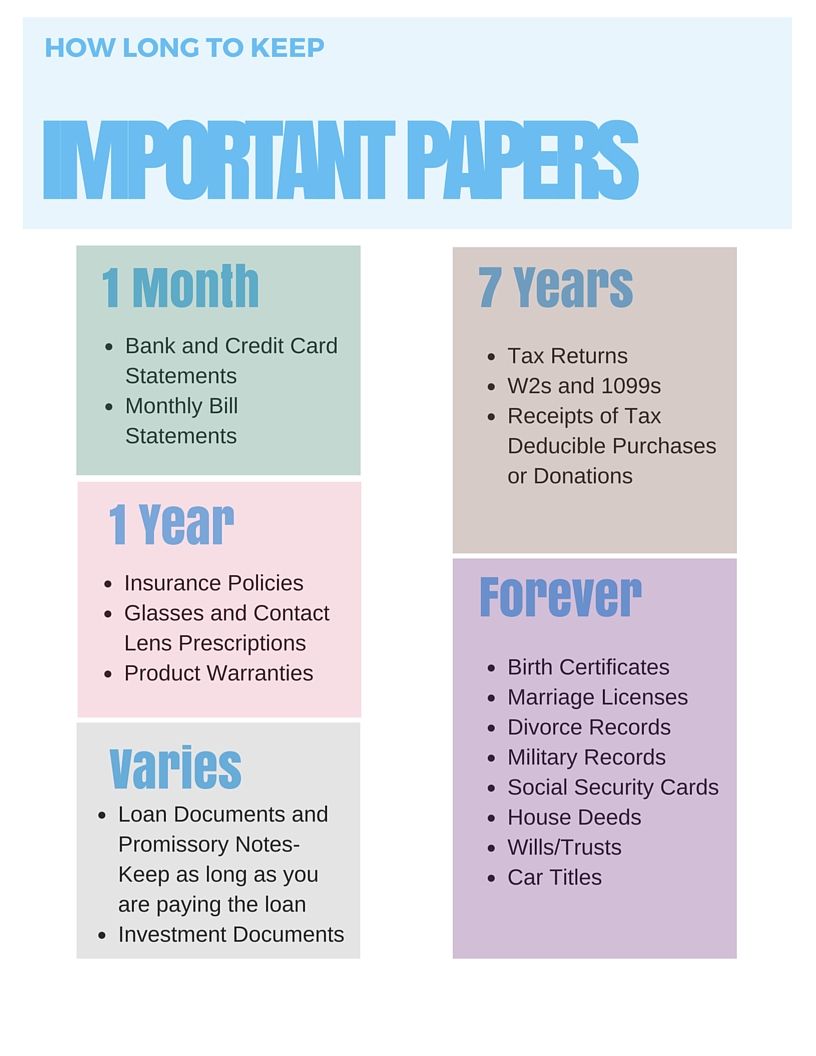How Long Should You Keep Deceased Paperwork in the UK?

Understanding the Necessity of Retaining Deceased Paperwork
Dealing with the aftermath of a loved one's passing is never easy. Among the numerous responsibilities and emotional challenges, one practical aspect that often confuses many is how long to keep the paperwork related to the deceased. In the UK, there are specific guidelines and timeframes you should adhere to when managing these important documents. Proper retention of documents ensures legal compliance, facilitates the distribution of assets, and helps resolve any financial matters that might arise later. Here's what you need to know:
Why Retaining Documents is Important

Before we delve into the specific periods for document retention, understanding the why behind keeping these documents is crucial:
- Legal Compliance: Certain documents need to be retained to comply with legal requirements, especially concerning tax matters, inheritance, and probate.
- Asset Distribution: Keeping documents can ease the process of distributing the deceased's assets according to their will or intestacy laws.
- Dispute Resolution: Documentation can serve as evidence in case of disputes or claims against the estate or beneficiaries.
- Future Reference: Documents might be needed for future financial or legal issues, such as insurance claims or pension inquiries.
General Timeframes for Document Retention

Here's a general overview of how long you should keep various types of documents:
| Document Type | Retention Period | Reason |
|---|---|---|
| Will and Testament | Indefinitely or as directed by the estate's administration | To distribute assets according to the wishes of the deceased. |
| Death Certificate | Indefinitely | Proof of death for official purposes and to close the estate. |
| Inheritance Tax Documents | 6 years after the tax payment deadline | For tax audits or disputes. |
| Bank Statements | 6 years | To address potential financial disputes. |
| Property Deeds | Indefinitely | Required for ownership or transfer of property. |
| Pension and Insurance Policies | As long as benefits or claims might be possible | To manage and claim from these accounts. |
| Business Records | 6 years | To comply with business regulations and tax obligations. |

📝 Note: The six-year retention period for financial documents in the UK is in accordance with the statute of limitations for most financial disputes. Keep in mind that HM Revenue & Customs (HMRC) has the authority to investigate further if there are suspicions of tax evasion or fraud.
Document Retention for Specific Circumstances

Probate and Estate Administration

- Wills: Keep the original will securely and indefinitely.
- Death Certificate: Multiple copies might be necessary for banks, insurers, and asset transfers.
- Letters of Administration or Probate: Retain permanently as proof of the executor’s authority to manage the estate.
- Records of Asset Distribution: Keep these records for at least 6 years or until all disputes and legal proceedings are resolved.
Tax and Financial Records

- Income Tax Returns: As per HMRC’s guidelines, individuals and their estates should retain tax records for 22 months from the end of the tax year they relate to, or indefinitely in case of disputes.
- Business Records: If the deceased ran a business, retain VAT records for 6 years, while records for company taxes and dividends should be kept for 6 years from the end of the accounting period.
🚨 Note: If there is any suspicion of tax fraud, the retention period for tax records can be extended indefinitely by HMRC.
Managing Deceased Paperwork Electronically

With the digital age, keeping records doesn’t always mean physical storage:
- Digital Copies: Consider storing digital copies of essential documents. Use encrypted cloud services or secure storage devices to ensure privacy and accessibility.
- Document Management Systems: Utilize software that allows for organized retention, tracking, and retrieval of documents.
Wrapping Up

Proper management and retention of deceased paperwork are integral parts of estate planning, probate, and asset management. Knowing which documents to keep, for how long, and in what format can save you from potential legal, tax, and financial complications. Remember, while there are general guidelines, specific circumstances might require you to retain documents for longer periods. Consulting with legal or financial advisors can provide tailored advice for unique situations.
Why do I need to keep the deceased’s paperwork?

+
Retaining paperwork is important for legal compliance, asset distribution, dispute resolution, and as a future reference for any claims or inquiries that might arise from the deceased’s estate.
What happens if I dispose of documents too soon?

+
Disposing of documents prematurely can lead to legal and financial issues, such as not being able to prove ownership of assets, loss of inheritance, or inability to respond to tax audits or disputes.
Is it possible to keep deceased paperwork digitally?

+
Yes, you can keep digital copies, but ensure they are stored securely with proper backup systems and encryption to maintain privacy and accessibility.



